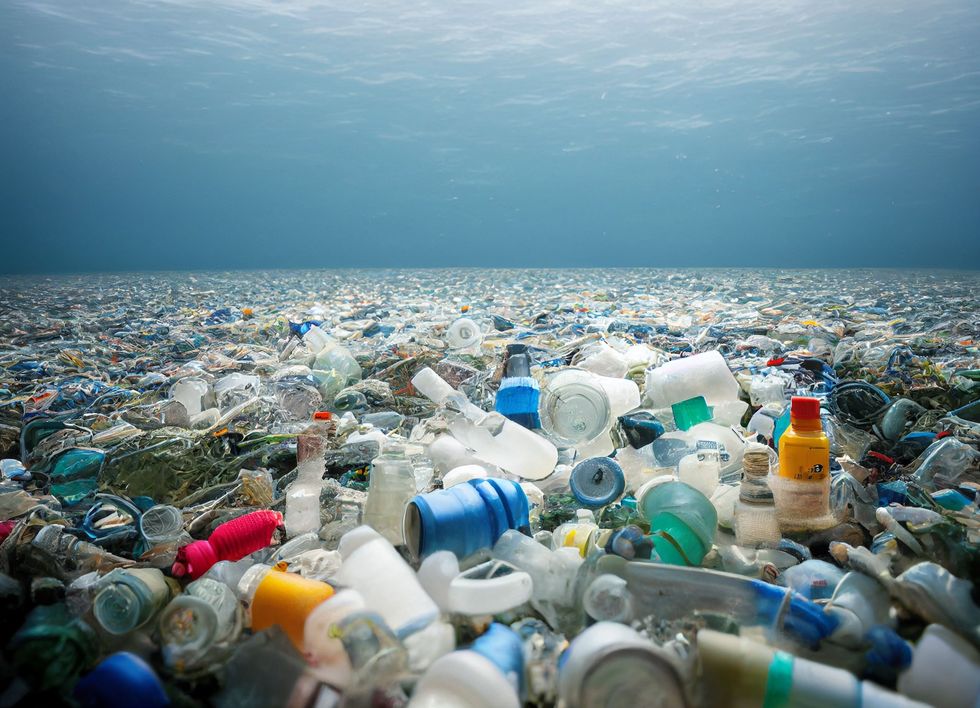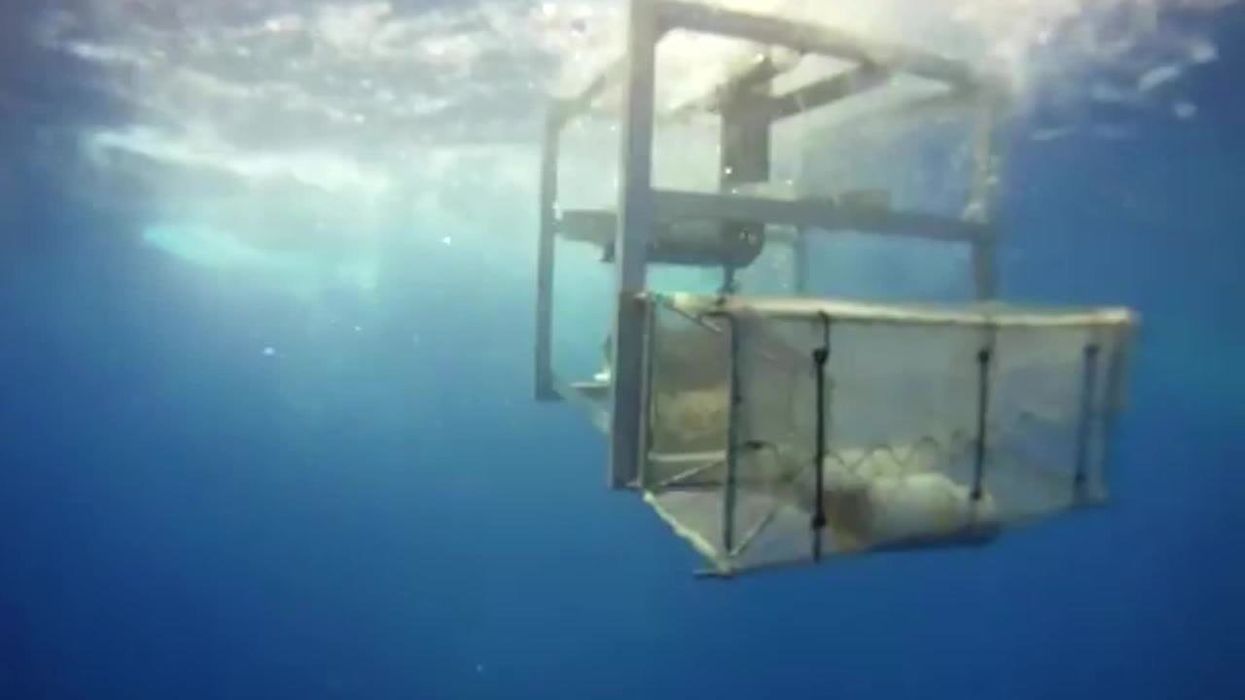Harry Fletcher
Apr 18, 2023
Sea creatures at bottom of world's deepest point have eaten plastic
content.jwplatform.com
Scientists have discovered species of creatures making its home inside the giant Pacific Ocean rubbish patch, and it proves that life will find a way of flourishing just about anywhere.
The zone in the northeastern Pacific is one of the most polluted areas in our seas. It consists of millions of pieces of garbage, often tiny in size, which have been pushed together over time due to ocean currents.
A new study has taken a closer look at the rubbish samples and found that the region, found between California and Hawaii, has become a surprising hub of marine life.
The research studied items of garbage and found 37 kinds of invertebrates living there. In fact, two thirds of the rubbish studied contained evidence of life.
Sign up to our new free Indy100 weekly newsletter
The species originated from coastal areas in countries found hundreds of miles away such as Japan and they were made up of crustaceans, sea anemones and more.

US researchers put together the study, which was published in Nature Ecology and Evolution [via news.com.au].
“The high seas are colonised by a diverse array of coastal species, which survive and reproduce in the open ocean,” they wrote.
“Coastal species persist now in the open ocean as a substantial component of a neopelagic (new, sea-dwelling) community sustained by the vast and expanding sea of plastic debris.”
It comes amid growing concerns in the scientific community about the levels of plastic in our oceans. It was estimated earlier this year there are more than 170 trillion pieces of plastic in the seas.
According to analysis from the 5 Gyres Institute, a global nonprofit targeting plastic waste, that’s approximately 2 million tonnes – or about twice the weight of the Titanic.
Plastic pollution is having a devastating effect on marine life, and by 2040 could outweigh fish in the ocean.
Have your say in our news democracy. Click the upvote icon at the top of the page to help raise this article through the indy100 rankings.
Top 100
The Conversation (0)














